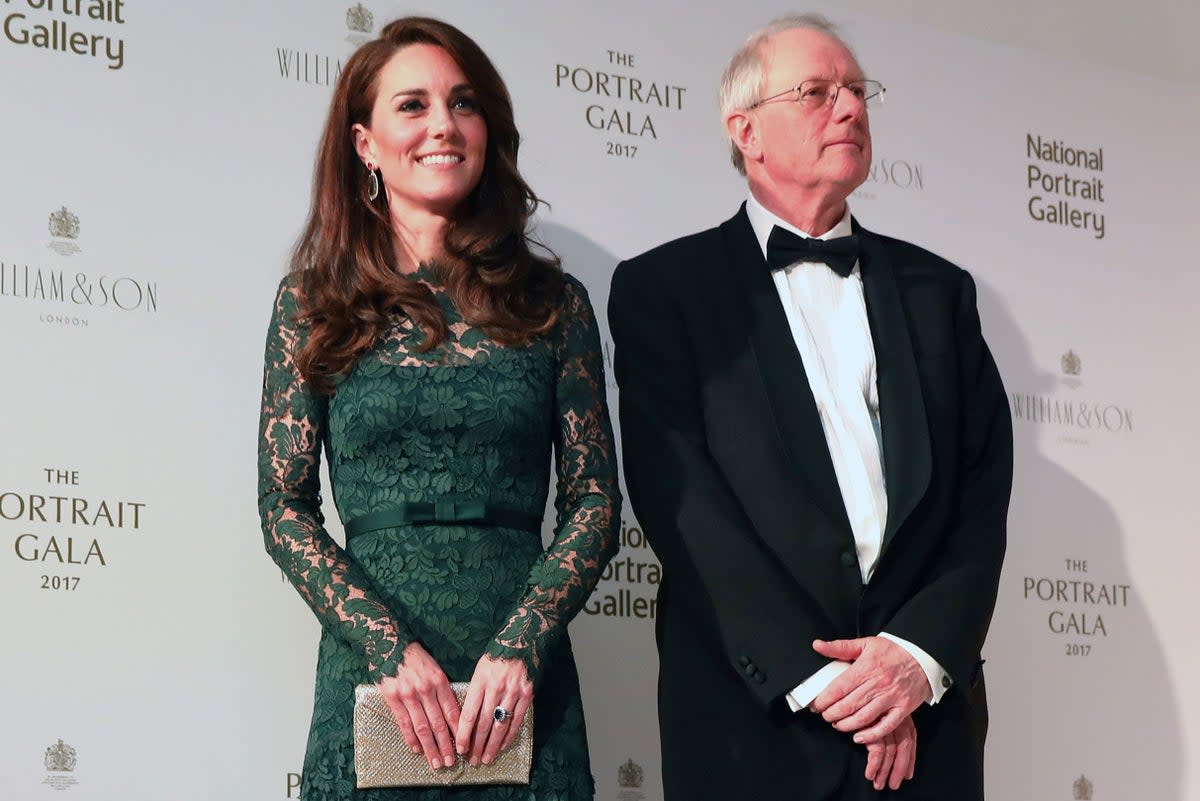Ex-National Trust chief says charity going ‘in wrong direction’

The National Trust is going in the “wrong direction” and there are “serious flaws” in the way the organisation is being run, a former chair of the charity has said.
Sir William Proby said he was reluctant to come forward and criticise the organisation or his successors but has concerns about where the charity is headed.
His comments come after a right-wing think tank accused the National Trust of being “undemocratic” and engaging in a “subversion of democracy” over changes to voting at its annual meeting.

Writing in The Daily Telegraph, Sir William said: “The National Trust has always attracted controversy. This is because of its importance in our national life and the passion which so many people feel for what it does. This is healthy and should be welcomed by the management and board of trustees.
“A truly democratic structure allows these issues to be debated, voted on, and the organisation can move on. Stifling dissent will only lead to a running sore of disaffected members outside the organisation, which inevitably will damage this great institution.”
Sir William added that he hoped the report would prompt the charity to restore its “democratic principles” and take another look at its governance structures.
The report, called National Distrust: The End of Democracy in the National Trust, was compiled by Zewditu Gebreyohanes, a senior researcher at the Legatum Institute think tank.
Ms Gebreyohanes is also the former lead of Restore Trust, a National Trust members’ campaign group that wants the charity to stick to its remit of the protection of historic building and away from “wokeness”.
The report criticises the new “quick vote” system implemented by the charity which allows members at the National Trust to vote for all the leadership recommendations in one go.
It claims this was brought in without the prior knowledge of members, is undemocratic and was introduced in 2022, just a year after the Restore Trust was created.
“A recent National Trust members’ resolution calling for the abolition of Quick Vote was defeated only with the use of over 54,000 Quick Votes, meaning that almost 80 per cent of votes cast against the resolution were themselves Quick Votes,” it says.
“All candidates endorsed by Restore Trust – the grassroots campaign of critical members seeking to return the Trust to its statutory aims – would have been elected in both 2022 and 2023 had the results of each Trust-endorsed candidate not been inflated by over 55,000 and 72,000 Quick Votes in those years, respectively.”
It alleges that if a political party had been in charge of drawing up the reforms, the public would see it as “a significant abuse of power” and a “subversion of democracy”.
The report makes two recommendations: the first is that Lucy Frazer, the secretary of state for culture, media and sport, should introduce legislation to prevent anti-democratic measures; and the second is that the Charity Commission should open an inquiry into the National Trust, which is Europe’s largest conservation charity.
A spokesperson for the National Trust said: “The National Trust is an independent charity, regulated – like all UK charities – by the Charity Commission.
“We have open and democratic governance processes, and are accountable both to our regulators and to our members. Our members firmly rejected a resolution suggesting government oversight in our work via an ombudsman at our AGM in 2022.
“‘Quick Vote’ was introduced following advice from our independent election services provider that it is standard practice for large membership bodies. We will continue to take advice on what is standard electoral practice from accountable, regulated institutions that are experts in this field, and which have their own transparent systems of governance.”

 Yahoo Lifestyle
Yahoo Lifestyle 
